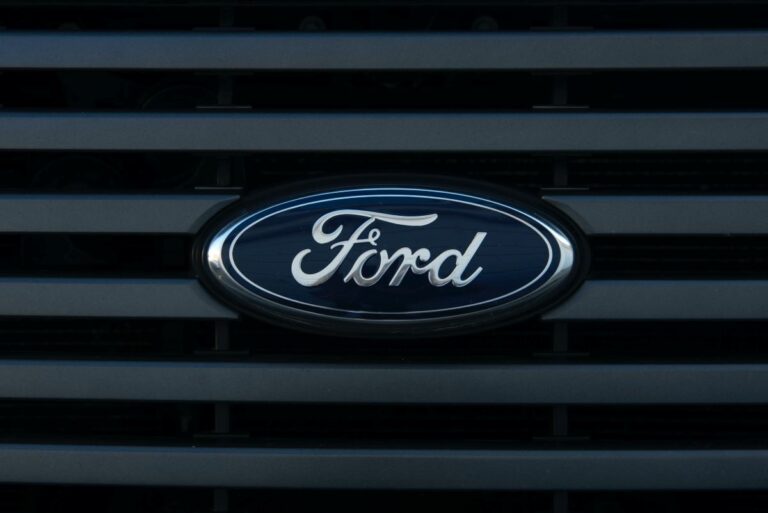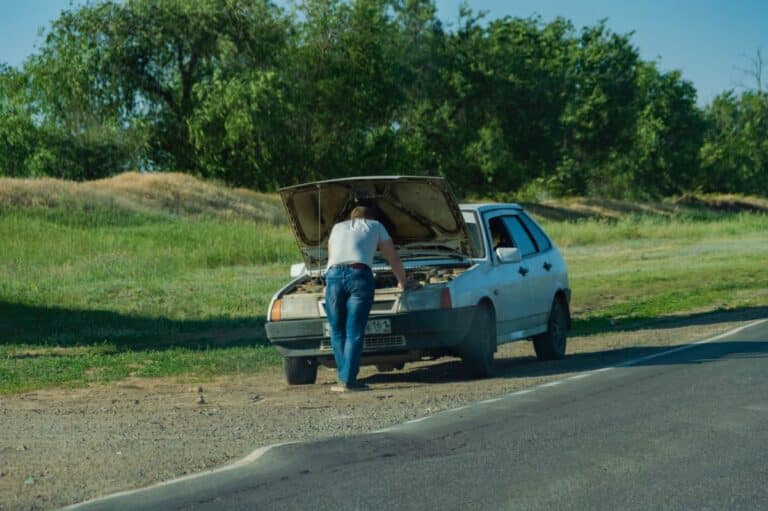
California Lemon Laws protect consumers who buy vehicles with defects or nonconformities and present the vehicle for two or more repair attempts during the warranty period. It doesn’t matter if the vehicle warranty has technically expired because the warranty never expires for defects that were not correctly repaired during the warranty period.
In other words, the manufacturer cannot instruct its dealer to perform “band-aid” repairs during the warranty and wait until the technical expiration of the warranty by time or mileage—so the warranty does not expire until the defect or problem is fixed.
Most cars do not fix themselves, so in about 98 percent of cases, despite several repairs, the vehicle will most likely never actually be fixed in the Lemon Law time frame.
If you purchased or leased a car, motorcycle, truck, SUV, or RV from a California dealership fitting this description, you may have a lemon on your hands. If you think you may have a lemon, always contact a California Lemon Law attorney from Lemon Law Associates about your particular case. Each case is unique and different. Many variables constitute a “lemon” under California law. Below we have some California Lemon Law FAQs.
Why You Need to Hire an Attorney
Some people may be fooled by the manufacturer to participate in a “certified” arbitration program. You are not required to arbitrate your claim or give the manufacturer notice of your claim before you file a lawsuit under California lemon law asking for repurchase or replacement damages. All of these arbitration programs are in fact controlled by the manufacturers and are biased against the consumer. These arbitrations do not need to follow the law and are something a consumer should NEVER do. There is no reason to do it alone because Lemon Law California requirements include the manufacturer having to pay the consumer’s attorney fee. California’s Lemon Law is in place to protect consumers. That is because manufacturers and dealerships will not automatically agree to offer you a refund or replacement. In many cases, they will push back and claim the owner caused the issues in the vehicle, or that the issue is not covered under warranty.
Hiring an experienced attorney who understands the ins and outs of California’s Lemon Law can save you the time and stress of dealing with a manufacturer or dealership. In addition, the threat of a lawsuit entices manufacturers to settle Lemon Law claims. The owner of a lemon has the right to seek a civil penalty in court if the manufacturer knowingly violates the Lemon Law. Furthermore, a California court may order a civil penalty that equals two times the cost of your damages, making violation of the law a costly proposition for manufacturers. A skilled attorney can navigate all of the complexities involved with the Lemon Law and fight to make sure that you get the best outcome for your case.
Call Us if You Think You Purchased a Lemon
If you think that your car meets California lemon law requirements, call Lemon Law Associates of California at (877) 955-3666, or contact us online, to schedule a free consultation and to discuss your case.







